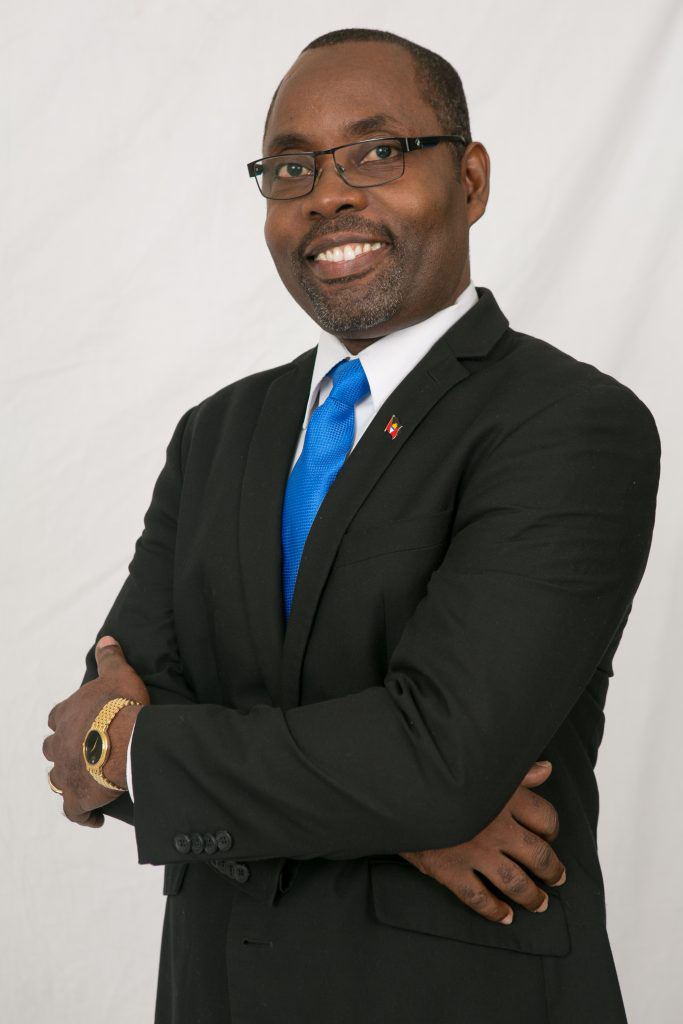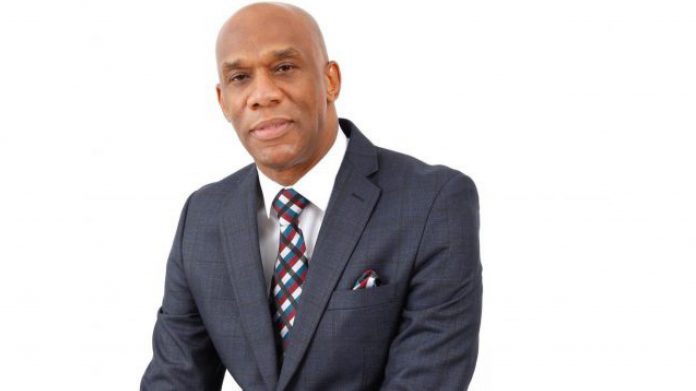

By Makeida Antonio
Experts in the education field explore how feasible it is for households across Antigua and Barbuda to adapt the mandate given by Prime Minister Gaston Browne to produce at least one university graduate by 2030.
Director of Education Clare Browne told Observer that the PM’s call is attainable given the work that has been done by the Ministry of Education to provide funding to prospective university students, and the government’s success in obtaining the fourth-landed University of the West Indies Five Islands Campus (UWIFIC) for those unable to travel to access tertiary education.
“I think it’s achievable, and that is why the Ministry of Education would have fought valiantly to ensure that we have a campus of the University of the West Indies here at Five Islands. The Ministry of Education, through the National Scholarships Committee, and the Board of Education would have been providing scholarships for Antiguan national citizens and nationals to get at least a first degree. Some would have even gone up to terminal degrees through the Board of Education, and then there is the Prime Minister’s Scholarship,” Browne said in an interview following the recent handing-over ceremony at the Pigotts Primary School.
Browne highlighted several areas of focus by the Ministry of Education to ensure that residents can reach and achieve university education. He pinpointed plans to expand Early Childhood Education, Secondary School Education and Lifelong Learning where mature citizens can access further education.
“Everybody has the opportunity to advance themselves, to get the knowledge and skills. If our country is to become even more competitive on the world stage, then it is only going to happen through education. We have to have people with the knowledge and skills to get us there. If we are to become an economic powerhouse, then we have to have people with the knowledge and skills to bring us there,” according to the Director of Education.
While Former Secretary of the Board of Education (BoE) D Gisele Isaac agreed that students should be afforded a tertiary level education, she remained concerned about fair opportunities to access scholarship opportunities provided by the government.
“People had awards that were little more than paper because, when the time came to be paid, they couldn’t get the money, and they couldn’t find the scholarship coordinator. So instead of talking the talk, he should walk the walk and actually help people to achieve the things he says he wants them to achieve. Talk is cheap, a university education is quite expensive,” Isaac told Observer in an interview.
Isaac, who lectured for many years at the Antigua State College Undergraduate Department, argued that families who are able to fully fund their children’s university education should do so, and government funding should be reserved for those who need it.
“I believe that those who are able should educate their children and allow the funds to be dispersed to people who are less financially able; [those] who are gifted and whose parents or families might not be able to be that gifted to be millionaires when their children were 17,” she commented.
Educator and United Progressive Party (UPP) UPP candidate for St. John’s Rural West, Richard Lewis, lamented the trend of underwhelming performances at Caribbean Secondary Education Certificate exams issues by the Caribbean Examinations Council (CXC).
Lewis held the view that stronger passes are needed at that level to gain entry into tertiary level institutions.
“Too many of our children are failing at the CSEC level. I think the minimum to get into Antigua State College is five subjects including Mathematics and English, and when you check schools such as Ottos Comprehensive, Princess Margaret, Jennings Secondary and so on, ten percent, less than ten percent, six percent are passing five subjects or more including Mathematics and English,” Lewis said to Observer recently.
The St. John’s Rural West UPP candidate also brought up the conversion of the proposed Five Islands Secondary School into the University of the West Indies Five Islands Campus (UWIFIC).
Lewis shared his opinion that the lack of a secondary school in the area has prevented students from excelling at CSEC which would be the bridge between secondary education and tertiary education.
“Having the University of the West Indies here is a good thing, but to come back to my point, our students and particularly those in the Rural West area, they’ve not been given the opportunity to do well at the secondary school level to matriculate to enter the University of the West Indies.”
On February 3, Prime Minister Gaston Browne announced during the 2022 Budget Speech his desire for the country to have more university educated residents.
“Through our very own UWI campus, we can certainly attain the goal of having at least one university graduate in every household by 2030, and I call on each family, each household, to make sure that by 2030 we have at least one person per household that would have had a tertiary education.”
Additionally, PM Browne said that the government will continue its US$15.8 million partnership with the Caribbean Development Bank (CDB) to transform the education sector in Antigua and Barbuda
“This project will facilitate major renovations and expansions at the Antigua Girls High School, Ottos Comprehensive, Pares Secondary and the Golden Grove Primary School. Further, the government will spend two million dollars to refurbish the old Ottos Primary School building to serve as the home of the Youth Empowerment Programme (YEEP),” PM Browne said.

